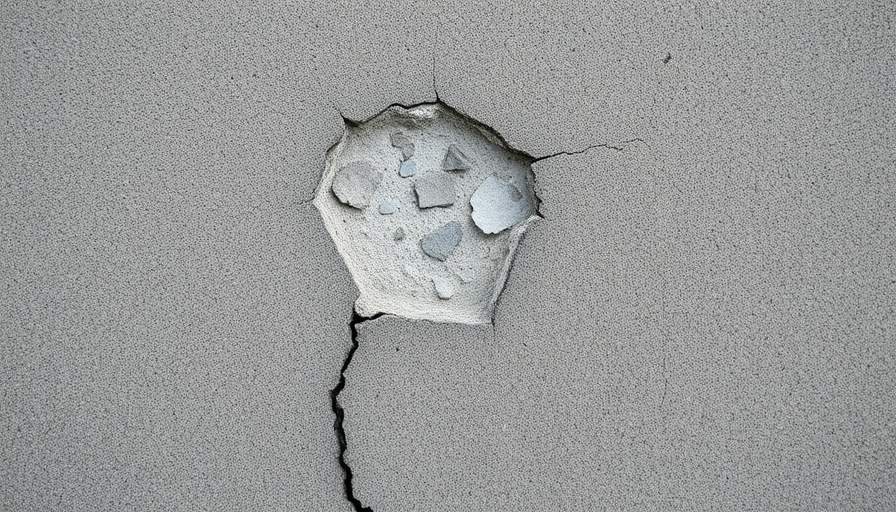
Understanding the Unpleasant Truth: Why Your Home Smells Like Sewage
Experiencing a sewer smell in your home can turn your sanctuary into a source of distress. Not only is this odorous issue unpleasant, but it also poses potential health risks that require swift attention. Understanding the origins and remedies for sewer gas smells is critical for maintaining a safe home environment. This article delves into common causes, effective solutions, and preventative measures that can help restore the air quality in your dwelling.
Identifying Common Causes of Sewer Gas Smells
Sewer gas smells can emanate from a variety of sources in your plumbing system:
- Clogged or Blocked Drains: Blockages in your sewer lines can lead to potent odors escaping. Continual buildup of waste materials can stop the proper flow of sewage, creating a stench.
- Dry P-Traps: A P-trap is a plumbing component designed to trap water and block gases from entering your home. If it dries out, you're likely to experience foul smells. Regularly used sinks rarely have this problem, but infrequent ones, like those in basements, often do.
- Vent Pipe Blockages: These pipes ensure gases exit your home. If they become blocked by debris or even ice, sewer gases can infiltrate your living spaces. This issue needs a keen eye for detection, as it may produce sounds like gurgling in the plumbing.
- Sewer Line Issues: Over time, sewer lines can succumb to damage from tree roots, age, and other factors. Signs of leaks may include water pooling in your yard or unexplained odors wafting from your plumbing.
Identifying the Source: Key Diagnostic Methods
To efficiently tackle a sewer smell issue, it’s essential to accurately identify its source. Here’s how:
- Smoke Testing: This involves injecting non-toxic smoke into your plumbing to see where it escapes. Any unexpected evacuation points signify potential leak areas.
- Using Drain Cameras: Visually inspecting your pipes can reveal interior issues, such as cracks or clogs, contributing to odors.
Effective Solutions to Combat the Odor
Once you pinpoint the source of the smell, implementing the right solutions is crucial:
- Keep P-Traps Hydrated: Pouring water into seldom-used drains can prevent the traps from drying out. Consider adding mineral oil to slow down evaporation, ensuring the trap remains sealed.
- Regular Maintenance: Schedule periodic inspections for your plumbing system. With expert attention, minor issues can be identified before they evolve into significant problems.
- Install Drain Seals: Many products are on the market aimed at blocking odors from draining back into your home, especially in areas with infrequent use.
- Clean Regularly: Using solutions like vinegar and baking soda can help keep drains clear and minimize build-up that leads to smells.
Future Preventative Measures: A Fresh Approach
To proactively prevent sewer smells from becoming a household issue, consider adopting the following practices:
- Regular Drain Maintenance: It’s essential to routinely check your plumbing system for clogs, leaks, or any signs of damage. Repair these promptly to avoid unpleasant odors and further degradation.
- Flush Sensibly: Educate household members on what should and shouldn’t be flushed to help protect against clogs that could lead to sewer smell.
- Professional Assistance: If persistent odors remain unresolved, consider employing an expert plumber. They can use specialized tools and techniques to uncover hidden issues.
The Bottom Line: Proactive Care Equals Fresh Living
Addressing sewer gas smells in your home is not just about cosmetic fixes—it’s about ensuring a safe, healthy environment. Incorporate these strategies into your home maintenance routine, and keep your sanctuary smelling fresh. Should you encounter persistent issues, never hesitate to reach out to professionals who can offer tailored solutions.
By following appropriate preventative measures and swift action, you can maintain a healthy air quality and enjoy the comfort of your home without the looming threat of unwanted sewer gas smells!
 Add Row
Add Row  Add
Add 




Write A Comment